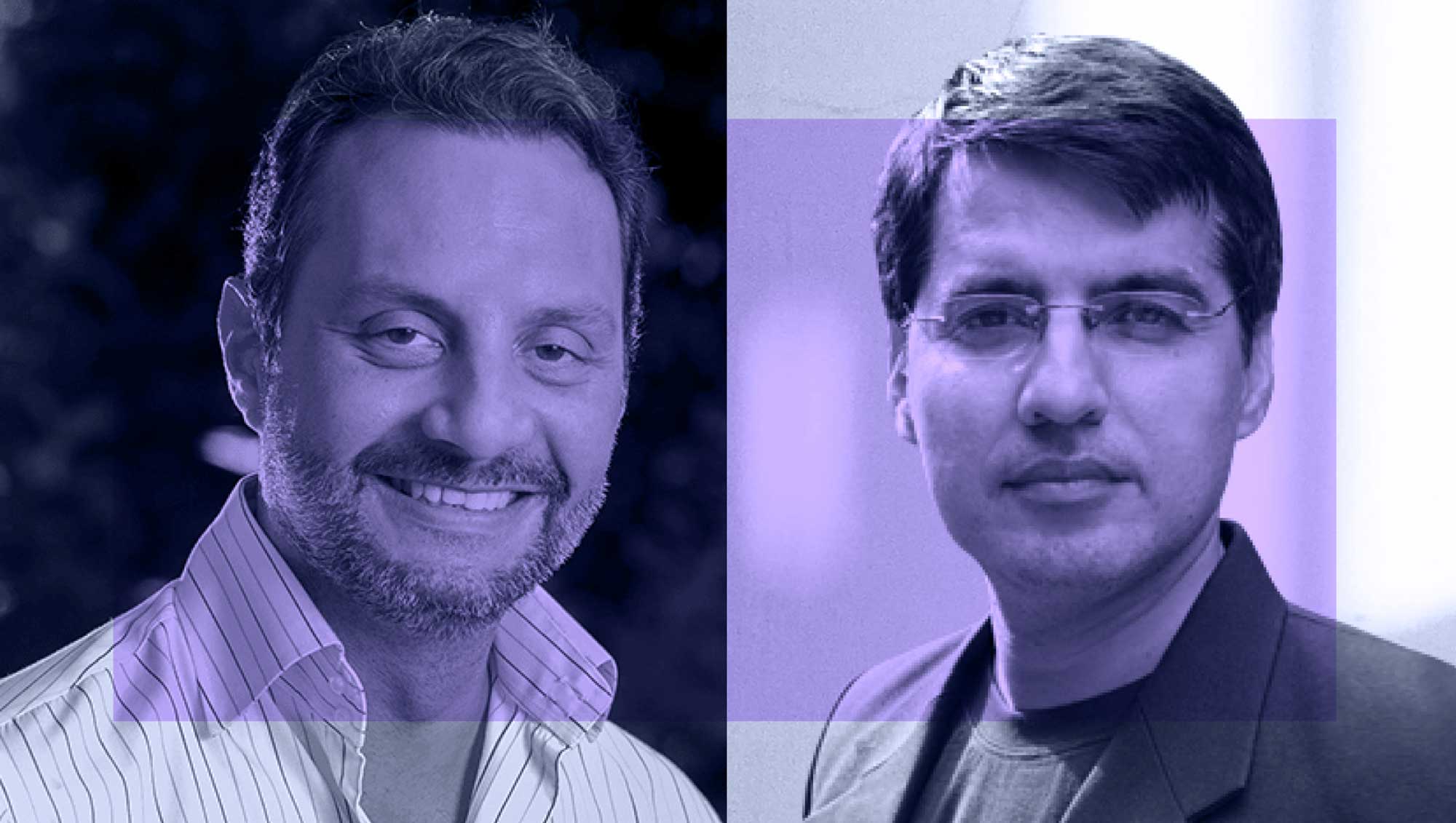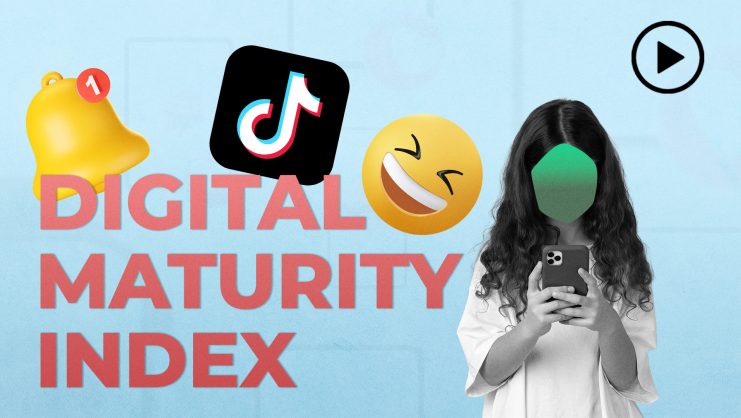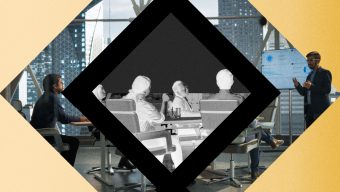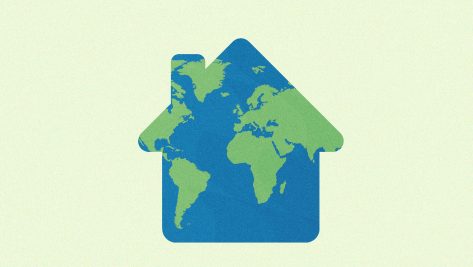William Dávila: Lately everyone is talking about the “new normal.” What does this mean and how will it affect our work environment?
Sumit Virmani: It is really quite difficult to imagine what this new normal will look like and what changes will come about as a result of the greatest crisis of our time. Nevertheless, certain aspects are coming into focus—for example, our methods of working, communicating, and interacting with one another will certainly change. Of course, collaborative applications and technologies were already available, but the pandemic has put them in the spotlight and made them popular in recent months.
William Dávila: In fact, some people say that recent events have simply accelerated changes that were already coming down the pike and would have been consolidated within about 5 or 10 years’ time. Are we evolving towards a scenario that was already taking shape?
Sumit Virmani: Absolutely, I am convinced that this is true! The digital world is accelerating at a very rapid pace. For example, according to Microsoft, the pace of digital transformation they witnessed during the two months of this pandemic is equivalent of what would have normally taken two years. Having said that, we mustn’t underestimate the importance of human contact during these times. We are social beings, naturally designed to interact and collaborate. As events unfold, I expect that this new normal will ultimately bring about a hybrid work environment that combines the best of the digital world with the personal interactions that people appreciate so much. Something very similar will happen on the marketing front too: virtual interactions with customers will become more frequent, but physical encounters will be valued much more highly and considered more rewarding, simply because we can no longer take them for granted.
This new normal will ultimately bring about a hybrid work environment that combines the best of the digital world with the personal interactions.
William Dávila: Let’s assume we eventually find a solution and the virus is no longer a threat. Will we go back to the same work environments as before?
Sumit Virmani: I doubt all professionals will go back to working from offices as was the case before. Instead, I think the culture of organizations will change in the long run towards a more hybrid workplace, evolving towards more flexibility and openness. The boundary between working from home and working from office will become so blurry that we will no longer have to give it much thought.
William Dávila: From an external point of view, how are organizations interacting with their customers in this new reality? How are they managing to maintain and build trust in their brand in these uncertain times?
Sumit Virmani: As consumers, we all have relationships with brands that are built on experience. If we like a particular brand, it is because it has consistently delivered on its promises over time. This track record inspires trust. This is always fundamental, but even more so in times of crisis. Consumers are watching companies’ behavior closely; their trust will either be strengthened or destroyed, depending on the attitude they observe. In uncertain times, some organizations have a tendency to step back or just wait and see, before carrying on with business as usual once everything has blown over. I don’t think this is the best option, since crises are real opportunities to step up, become more visible and active, and give your customers the help they need. The question is whether you will assume this position yourself or allow someone else to take the lead. More often than not, long-lasting trust is forged in times of crisis.
Crises are real opportunities to step up, become more visible and active, and give your customers the help they need.
William Dávila: How has Infosys risen to this challenge?
Sumit Virmani: We revisited the plans we had made at the beginning of the year, reflected on what was ahead of us, and tried to ascertain what our clients needed from us. In short, we figured out how we could help them. When you address the market in uncertain times—like the present—the actions of the company in general and of marketing in particular have to reflect an essential component: helping. It’s not just about seizing the opportunity; it’s about getting out there and serving. As an example, early on when we transitioned our workforce at scale towards remote working we realized that strong cyber security systems are one of the main prerequisites to work safely from remote locations. Global enterprises are also facing this challenge on a massive scale and in some cases they even lack the necessary infrastructure to support the new normal. Therefore, one of the first virtual events we developed was aimed at addressing this very issue surrounding remote working and best practices around cyber security. In my view, this is the mindset you have to adopt.
William Dávila: Any final recommendations for companies that are still finding their way?
Sumit Virmani: Customers and employees watch how businesses and brands act during crisis and judge us accordingly. Therefore, I think it’s time for companies to step up and focus on living their true purpose. Otherwise, they could end up paying a hefty price that will impact brand trust in the long term.
© IE Insights.











